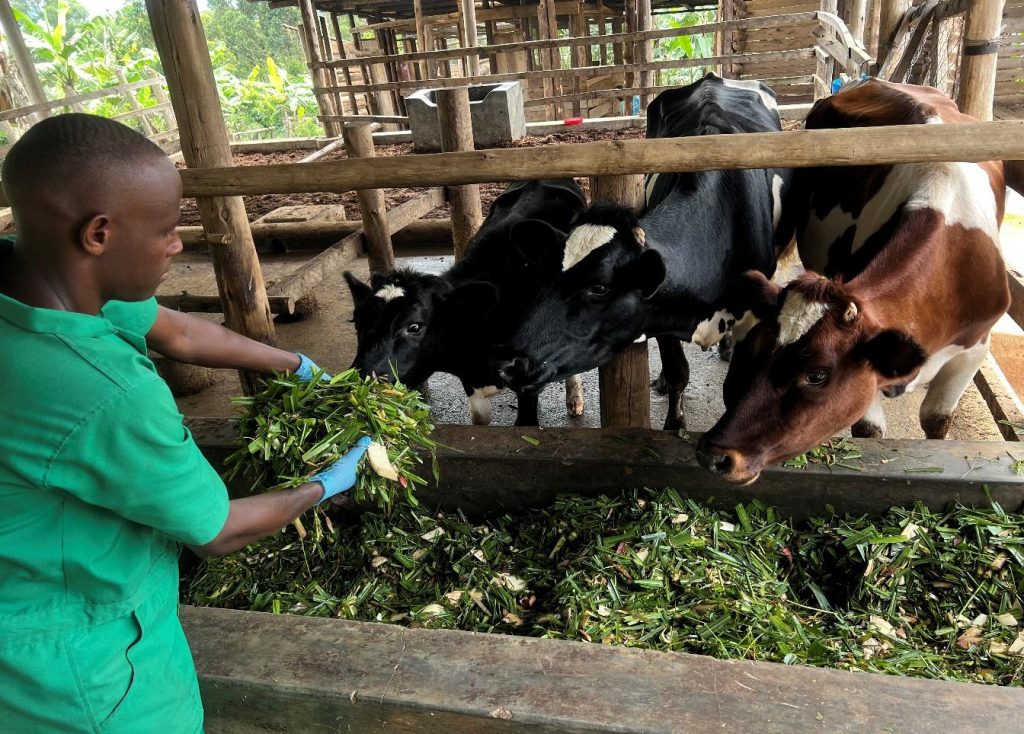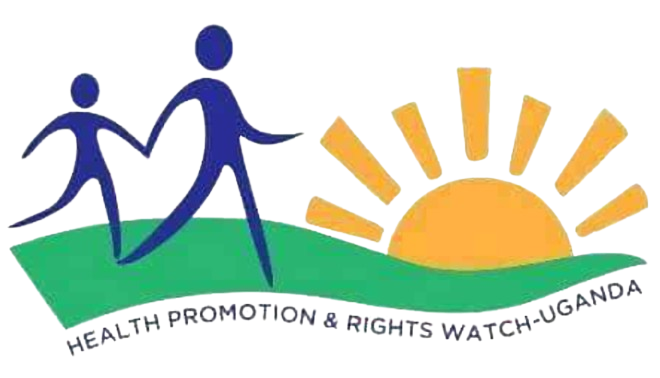
Global efforts to end hunger and achieve food security are facing critical challenges. The 2024 State of Food Security and Nutrition report reveals that over 733 million people faced hunger in 2023, with Africa bearing a significant burden—20% of its population undernourished. Uganda reflects this crisis, where malnutrition affects millions, stunting growth, reducing productivity, and perpetuating cycles of poverty.
In response, Health Promotion and Rights Watch (HPRW) is championing the Integrated Small Household Enterprise Model (ISHEM) to empower rural households in Uganda. This holistic model addresses food security, nutrition, health, and sustainability while equipping communities with the skills to create lasting change.
The Integrated Small Household Enterprise Model (ISHEM) is a community-centered approach designed to transform smallholder households into resilient, sustainable, and productive units. It empowers farmers, particularly women, with the skills and tools to enhance nutrition, improve agricultural practices, and foster economic resilience. ISHEM focuses on nutrition education by promoting balanced diets and better maternal and child feeding practices, sustainable agriculture through climate-smart farming, crop diversification, and soil conservation techniques, and gender equality by advancing women’s leadership in decision-making and access to resources. Additionally, it emphasizes capacity building through training programs at Hunga Agro Centre and model farms, as well as environmental conservation through waste management, water conservation, and energy-efficient practices.
Why Uganda Needs ISHEM
Uganda faces severe challenges with malnutrition, reflected in 24.4% of children under five being stunted and 3.2% wasted (UDHS, 2022), while over 16 million Ugandans experience insufficient food consumption (EPRC, 2023). Micronutrient deficiencies, such as iron-deficiency anemia affecting 20.7% of pregnant women, pose significant maternal and infant health risks. Environmental vulnerabilities, including frequent droughts, floods, and landslides, disrupt food systems, further exacerbating the issue. Although agriculture employs over 70% of the population, food insecurity persists due to low productivity caused by outdated farming practices, poor infrastructure, and gender inequality. Paradoxically, the southwest region, considered Uganda’s “food basket,” suffers some of the country’s highest stunting rates.
Target Groups
ISHEM focuses on the most vulnerable households especially those with Children (0–14 years) to Address stunting, wasting, and poor learning outcomes caused by malnutrition and Expecting and Breastfeeding Mothers in order to break cycles of poor health and low birth weight.
HOW ISHEM WORKS
Training and Demonstrations
Farmers and households gain hands-on experience at the Hunga Agro Centre, which features: Vegetable gardens, banana plantations, and livestock demonstration units, Workshops on sustainable farming, food storage, and nutrition, School feeding programs and student internships.
Community Empowerment
ISHEM emphasizes peer-to-peer mentorship, model households, and partnerships with schools and community groups to spread knowledge and foster local leadership.
Our Goals
Our goals are to improve household food security and nutrition, build community resilience through sustainable agricultural practices, and reduce gender inequality in decision-making and resource access. This is achieved through training on climate-smart agriculture and value addition techniques, enhancing access to nutrient-rich crops and livestock, promoting sanitation, hygiene, and safe water practices, and supporting women through financial literacy, leadership training, and resource mobilization.
Medium and Long-Term Plans
HPRW envisions scaling ISHEM to create nationwide impact by: Establishing more model households to showcase best practices, expanding internship opportunities and community outreach programs, strengthening partnerships with like-minded organizations and Promoting agro-tourism and value addition for sustainability.
ISHEM offers a pathway to end hunger, reduce malnutrition, and empower communities in Uganda. By supporting this initiative, you help build a healthier, more resilient future for vulnerable households.








Training taking place at our centre
De briefing intern student (in green)
The Poultry demonstration at the centre
